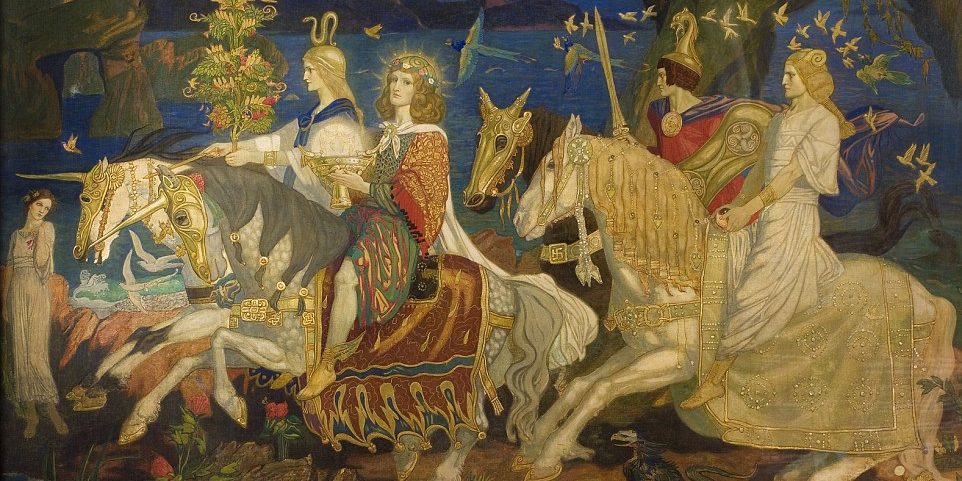H&M has been in the news recently and not in a good way (https://www.nytimes.com/2018/01/13/world/africa/hm-south-africa-protest.html).
It has also started a new brand /Nyden for millennials. The business plan is built around the idea of tribes. The basic idea is to contract in tribe leaders and give them a free hand in creating new clothes: these leaders are prominent people in niche social groupings. The business plan originated at H&M’s in-house innovation lab and owes much to the philosophically minded staffers the lab supports.
There are many interesting details about the business plan here (https://www.thecut.com/2017/12/oscar-olsson-nyden-hm-millennial-brand.html). H&M should be given credit for being so imaginative and intellectual but what is the ethical standing of a brand relying on tribes? Summing up some of the brand’s thinking, the article runs:
“According to Olsson, when the internet was invented, it made us lose sight of this innate desire for tribalism — promoting the plight of the individual instead. At the same time, it also made forming and joining groups easier than ever before, which is why digital spaces still have the power to bring tribalism back.”
Olsson — who is not a clothes designer but chief thinker and director of the new brand — is surely thinking of Darwin. Thanks to his research with apes, Frans de Waal is the leading commentator on Darwin’s ethical implications. In his excellent Primates and Philosophers, de Waal develops what he calls the affordability principle. He does not mention Thomas Malthus but the principle clearly harks back to him and asserts that in times of plenty other-regarding concern is unproblematic but with scarcity group and kin preferment becomes the order of the day. De Waal contends that we can never get much distance from our tribal origins. H&M is banking on the pull of tribal cohesion.
Of course, the tribes /Nyden appeals to are not rooted in biology (at least, not obviously so) but are elective, rooted in shared tastes. Nonetheless, it is interesting to wonder about a business plan that stokes tribal affiliation. In fashion circles, this is certainly counter-cultural: internationalism is touted constantly (though how this is compatible with heritage brands tightly associated with nations, I’m not sure: https://www.businessoffashion.com/articles/news-analysis/mulberry-committed-to-manufacturing-in-uk-despite-high-costs?utm_source=Subscribers&utm_campaign=e7da2ed2bf-why-chinese-investors-are-piling-into-fashion-mulb&utm_medium=email&utm_term=0_d2191372b3-e7da2ed2bf-417297929).
As readers know, I favour the localism of estates, tied to the history of a place, which are typically also linked to families. /Nyden’s niche freelancers join the design team in Los Angeles. H&M is family run but the Swedish company outsources production. /Nyden is not an estate. It is ageographical in production and in design (though it is likely that some tribal leaders invited to design will defer to place in their tastes). Puzzlingly then, the business plan omits the most attractive features of what might be meant by tribe: attachment to place, kin, and home.






